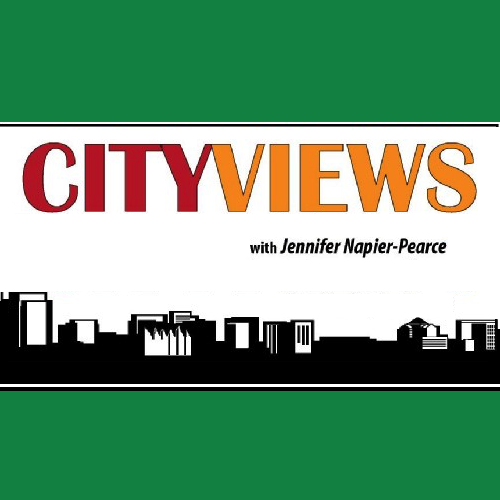Segment 1:
While the number of refugees coming to the U.S. is down for the second year in a row, hundreds continue to come to Utah every year to escape persecution in their homeland. On Tuesday, we’ll talk about the refugee experience here in Utah, the services available and what more needs to be done to help refugees acclimate to their new country and community.
Guests:
- Ze Min Xiao, Salt Lake County Refugee Services
- Dr. Shu Cheng, Executive Director, Refugee and Immigration Center – Asian Association of Utah
- Nyoul Nyoul, Refugee Services Supervisor, Refugee and Immigration Center – Asian Association of Utah and former Sudanese refugee
Utahns will mark World Refugee Day on Saturday, June 16 from 12 noon to 6 p.m. at Granite High School, 3305 S. 500 E., South Salt Lake. Click here for more information.
Segment 2:
As executive director of the Sierra Club, David Brower predicted flooding Glen Canyon would be “America’s most regretted environmental mistake.” That declaration came too late, but he remained a staunch supporter of draining Lake Powell and restoring Glen Canyon. This week, the Glen Canyon Institute marks the 100th anniversary of Brower’s birth. On Tuesday, we talk with his daughter, Barbara Brower, about David Brower’s role in the modern environmental movement.
Guest:
- Barbara Brower
The Glen Canyon Institute hosts the David Brower Centennial Celebration Friday, May 25 at 6 p.m. at the Natural History Museum of Utah, Salt Lake City. For more information, call (801) 363-4450 or click here .
How do you feel about this topic?
Is there anything else you think we should know? We'd like to hear your thoughts. Send us your feedback using the form below.






2 Comments
I live in a building that there is more than 50% are refugees, mostly from the former Soviet Union. I have helped then with doctor visits and getting help and just being someone who cares about them. I have found that I needed to prove to them that I was a caring person and willing to help them with language. And this has enriched my live having these people in my life. But I had to work at gaining their trust and friendship. It would be easy to give up and believe that they don’t speak English. When I woulds say hello to them I would for a long time get “No speak English” from them. But I continued say hello and now after two years I feel that this community within my building community are my friends and I really like that and it has enriched my life.
As far as English language is concerned; refugees who did not speak English are not able to learn the language because they are pushed to workforce. Most of them are hired at Deseret Industries where they meet others who do not speak English.
Regarding Refugees; As far as housing is concerned; the same people who have not yet learned English face process of eligibility for housing and policies that need to be kept for continued housing benefit. They get left on their own to understand that, after six month of assistance through Refugee Agencies here in Utah.
Their children face the bullying culture in schools because their children do not have the elements of lifestyle that fit well in the culture here for a while.
Both parents and children shy away from being integrative to the indigenous of Utah hence maintaining a gap in the effort to enrich refugees and endogenous with something new in the culture that they already bare.